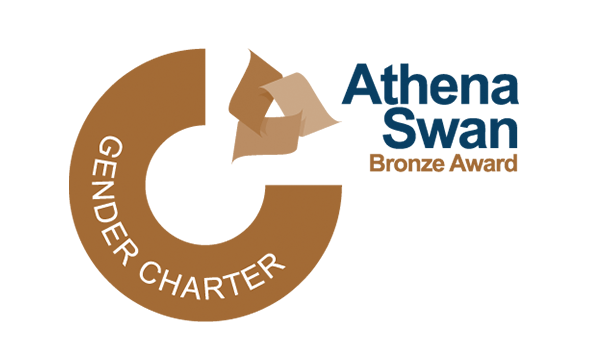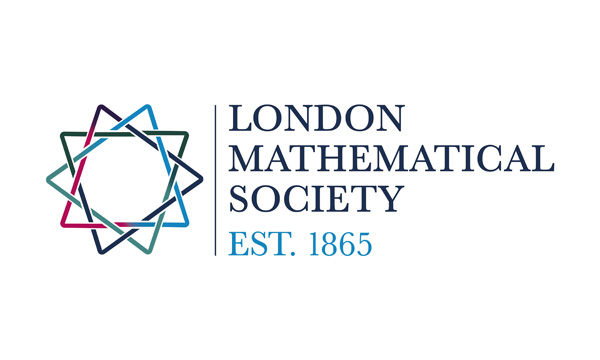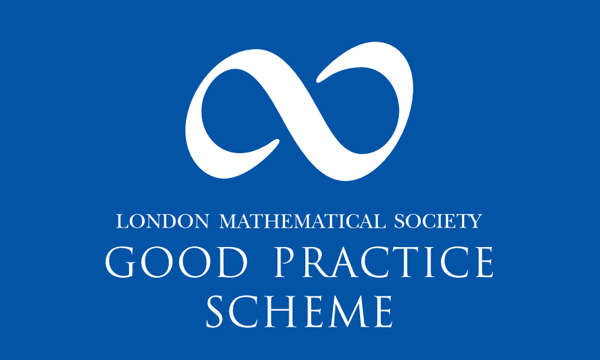Stable categories
Thursday 11th April 2019, Lancaster University Local organiser: Nadia Mazza
This is the seventh meeting of the Research Group Functor Categories for Groups (FCG). This meeting shall focus on stable (module) categories in group representation theory. There are different notions of "stable categories", but all have a common point: they are quotient categories, which are triangulated and have an extra multiplicative structure with a multiplicative identity. Stable categories are also intrinsically related to derived categories. The selected speakers are experts in varied aspects of stable and derived categories, and some of their recent results exhibit useful applications of stable categories.
The provisional timetable is as follows:
- 1:30-2:30pm: Joe Chuang (City), Rank functions on triangulated categories
- 2:35-3:35pm: Ilaria Castellano (Udine), Finiteness properties for totally disconnected locally compact groups
- 3:35-4:05pm: Tea and coffee
- 4:05-5:05pm: Greg Stevenson (Glasgow), Stabilising triangulated categories
All talks will be held in Lecture Theatre 4, George Fox Building (GFX on the campus map and directional boards).
To register for the event, please email the local organiser Dr Nadia Mazza (n.mazza@lancaster.ac.uk).
The FCG Research Group is supported by an LMS Joint Research Groups in the UK Scheme 3 grant. Limited funding is available for PhD students, allocated on a first-come-first-served basis.
For UK-based mathematicians with caring duties, the LMS has a Caring Supplementary Grant scheme which allows participants of meetings like ours to apply for help covering caring costs.
Abstracts
Joe Chuang (City), Rank functions on triangulated categories
A rank function is a nonnegative real-valued, additive, translation-invariant function on the objects of a triangulated category satisfying the triangle inequality on distinguished triangles. One way to obtain a rank function is as the mass of a Bridgeland stability condition, but rank functions may exist in the absence of t-structures, for example on stable categories. Rank functions on the perfect derived category of a ring are related to Sylvester rank functions on finitely presented modules, and therefore, via the work of Cohn and Schofield, to representations of the ring over skew fields. This is joint work with Andrey Lazarev.
Ilaria Castellano (Udine), Finiteness properties for totally disconnected locally compact groups
A locally compact group G is said to be totally disconnected if the connected component of the identity 1G is a singleton. With the solution of Hilbert’s fifth problem, the contemporary structure problem on locally compact groups concerns the class of totally disconnected locally compact (= TDLC) groups. Therefore, interest in TDLC-groups is currently very high.
The aim of this talk is to introduce and discuss the properties of being of type FPn (resp. Fn) in the context of TDLC-groups by analogy with the discrete case. Moreover, we show that the type FPn (resp. Fn) is a quasi-isometric invariant of the TDLC-group. This talk is based on joint work with G. Corob Cook.
Greg Stevenson (Glasgow), Stabilising triangulated categories
Around 19 years ago Beligiannis published a striking result providing a novel method for constructing new triangulated categories from those we know: one takes a Frobenius classes of triangles, which is the analogue of the exact sequences in a Frobenius category and takes a corresponding additive quotient. Little seems to have been done with this construction. I will discuss joint work with Paul Balmer aimed at polishing this hidden gem and exposing its beauty.
After explaining the construction, I will indicate how easily one can come by Frobenius classes of triangles: we prove they are abundant in representation theory, geometry, and topology. I will also discuss several aspects of the construction, for instance, that it preserves the property of being algebraic, and gives some analogue of rational maps between triangulated categories.




